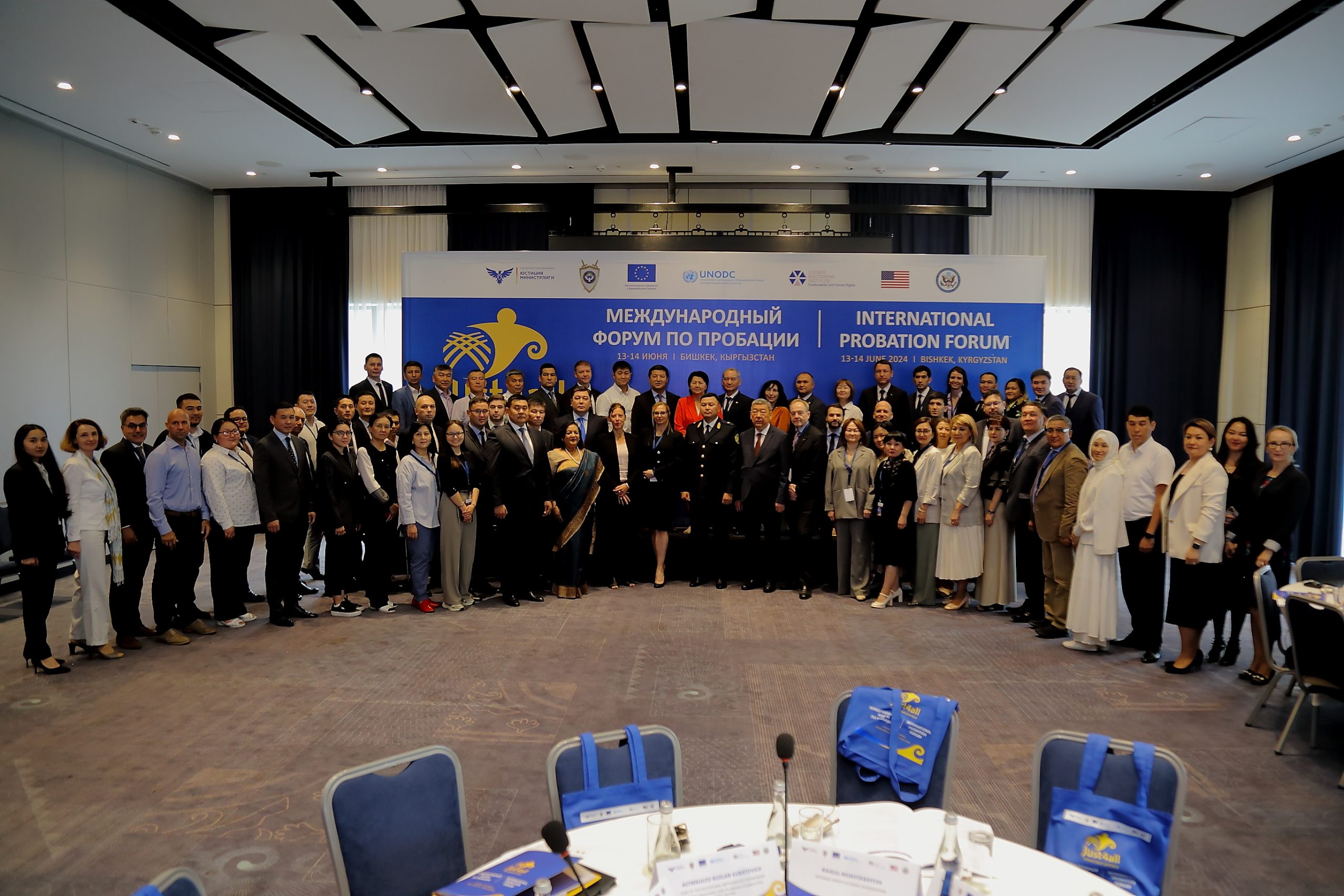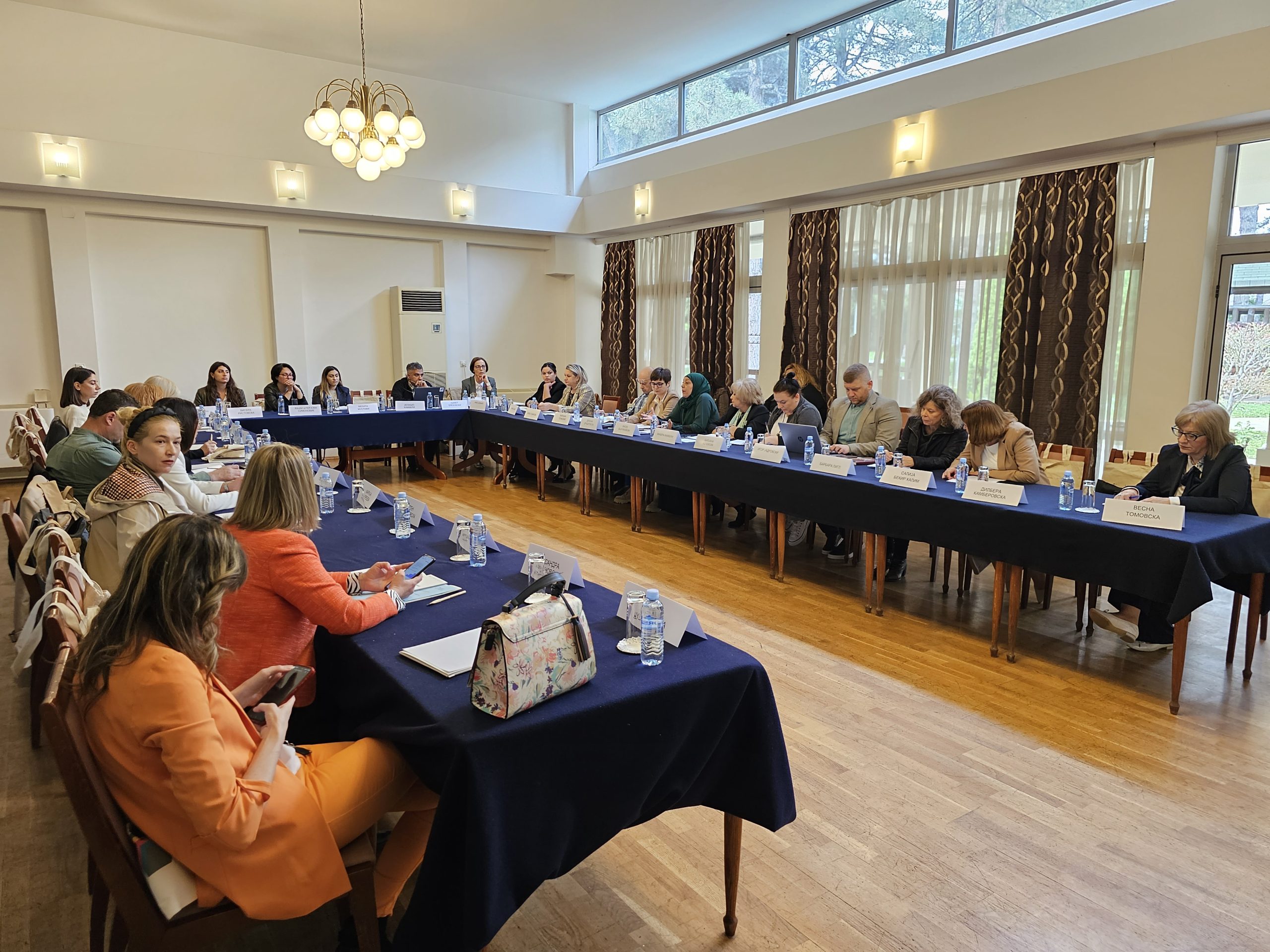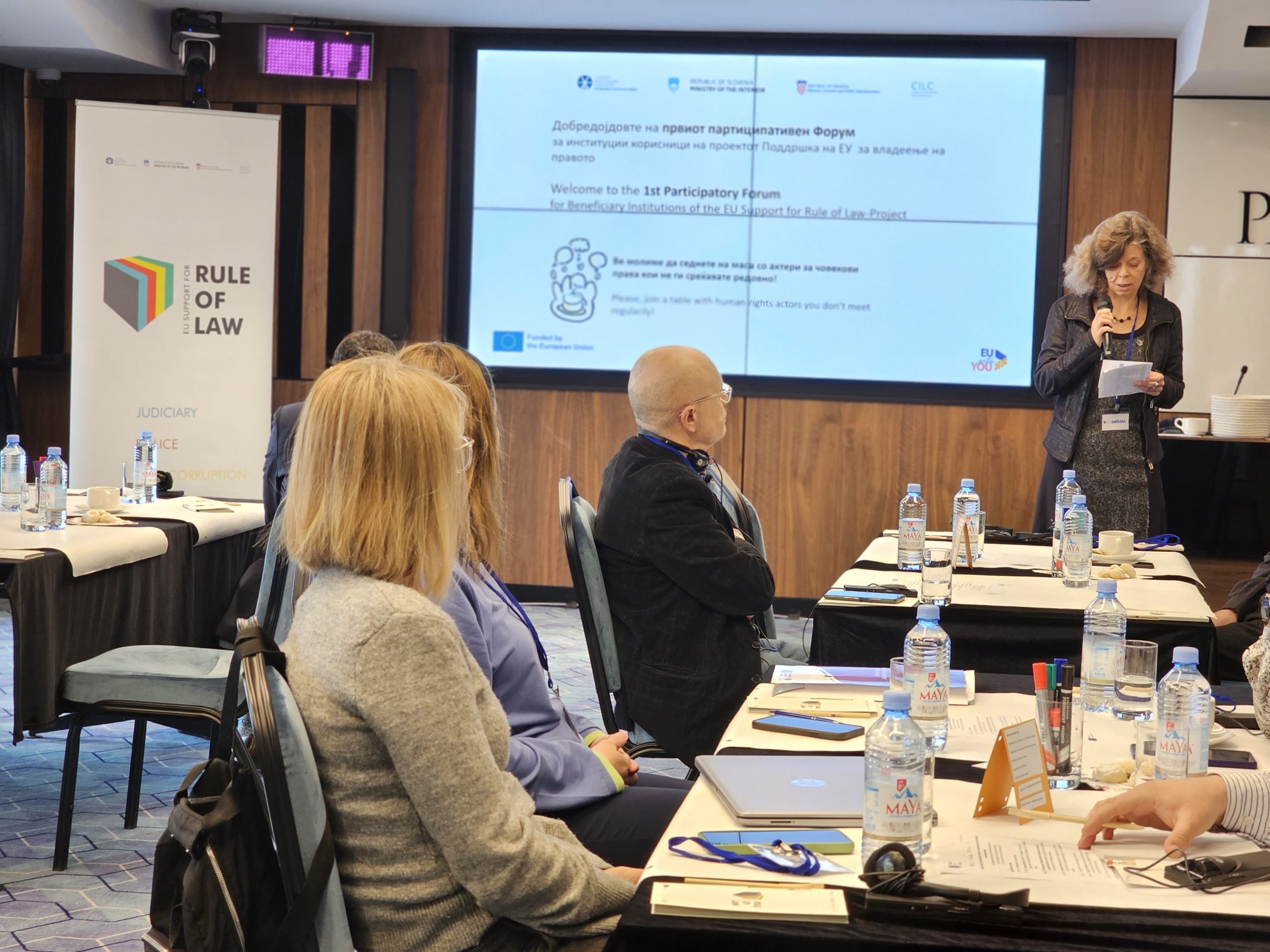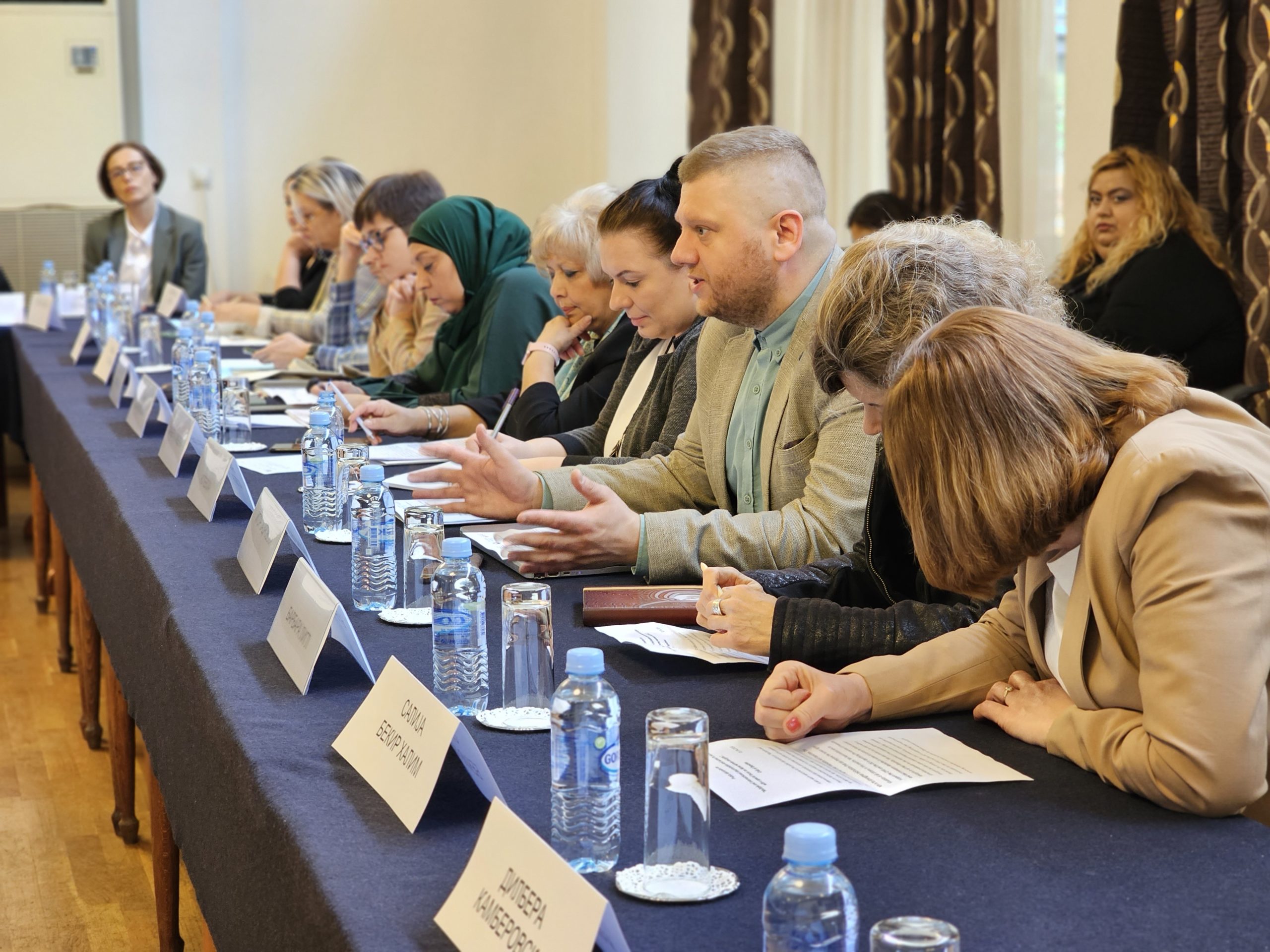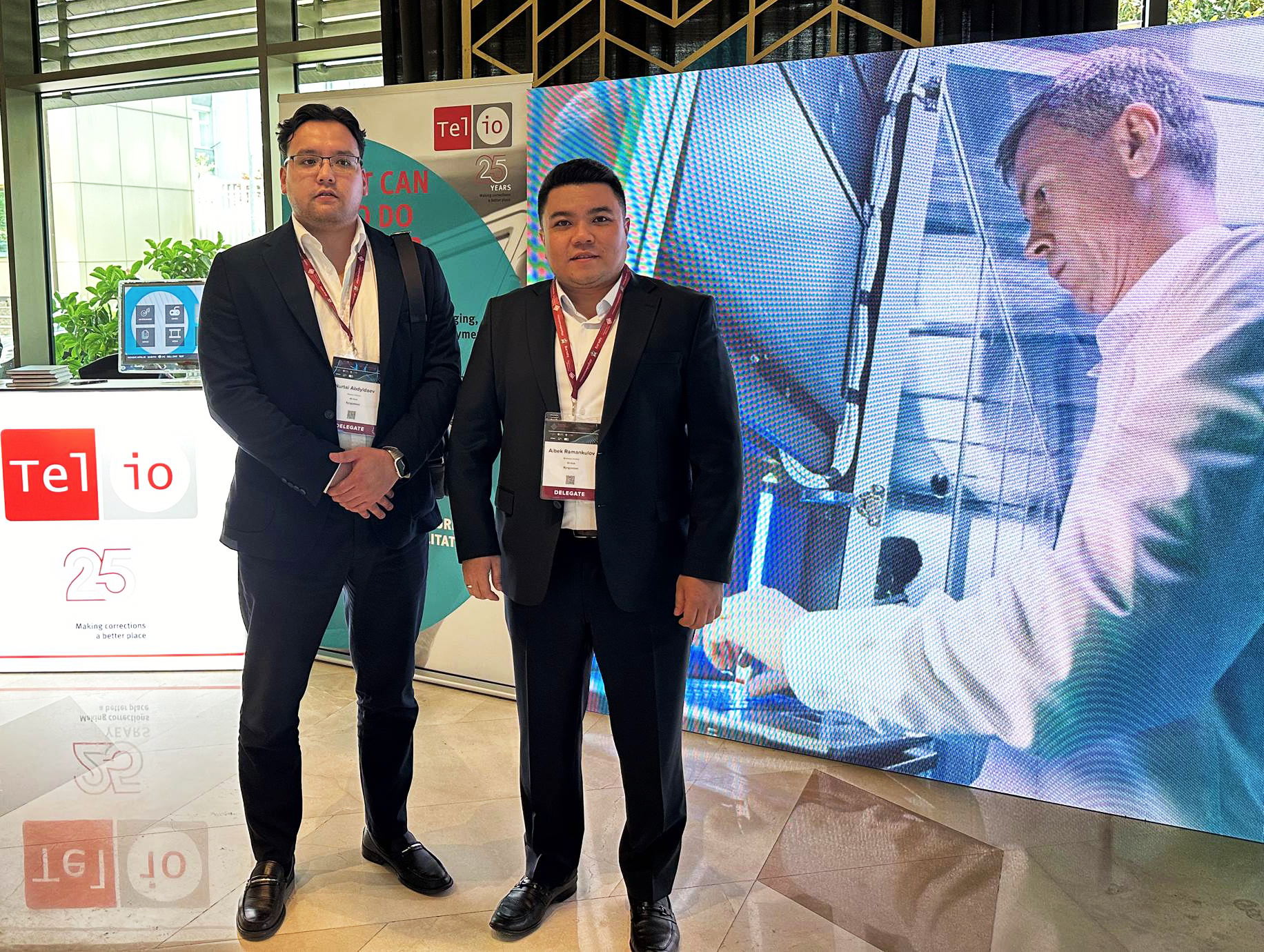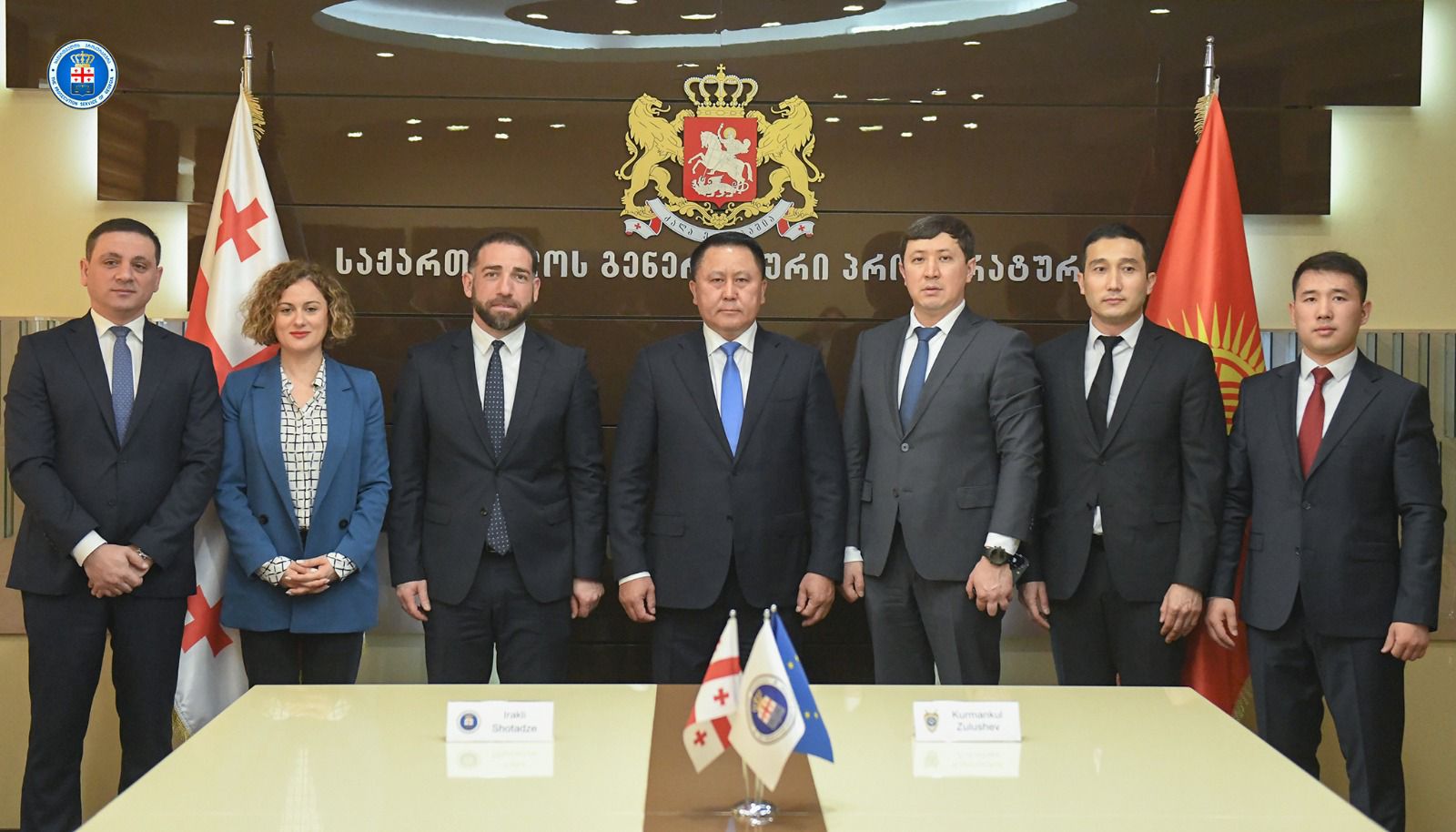Rule of Law and Public Sector Reform
About the Programme Line
Limited access to justice as well as shrinking spaces for civil society pose a serious threat to democratic values and human rights in many countries around the world. Public sector institutions play a key role in this regard, as they contribute directly and indirectly to the realisation of human rights. A dedicated team of project managers and human rights experts in the programme line “Rule of Law and Public Sector Reform” consequently aims in its work to strengthen and reform the institutions of the public sector.
Focus Areas
The rule of law and, inseparably linked to it, the protection and promotion of human rights are fundamental values of the European Union and guiding principles of its domestic and foreign policy. The process of EU rapprochement provides the opportunity to promote national reforms and institutional changes in favour of fundamental and human rights, especially in the acceding countries. Together with international and local project partners, this programme line supports public sector institutions in our partner countries in this process.
Scientific Approach
Our programme line is dedicated to the translation of scientific knowledge into practice. The project-based research activities directly feed into policy recommendations and measures. This encompasses the following areas, among others:
- institution and capacity building
- drafting of legislation
- policy development
- awareness raising
- cooperation with stakeholders
We are committed to a human rights-based project management approach and value strong partnerships that last beyond the duration of our projects.
Goals and Achievements
We have successfully supported public sector reform for more than two decades. The majority of projects in our programme line have been and continue to be implemented under the EU Twinning Instrument. The central objective of this instrument is to support the development of public structures in candidate countries as well as countries without accession perspective by means of temporary administrative partnerships funded by the EU. With our work, we have contributed to reform processes in a wide variety of areas – from anti-discrimination, domestic violence, human trafficking and data protection to justice and police reform.
